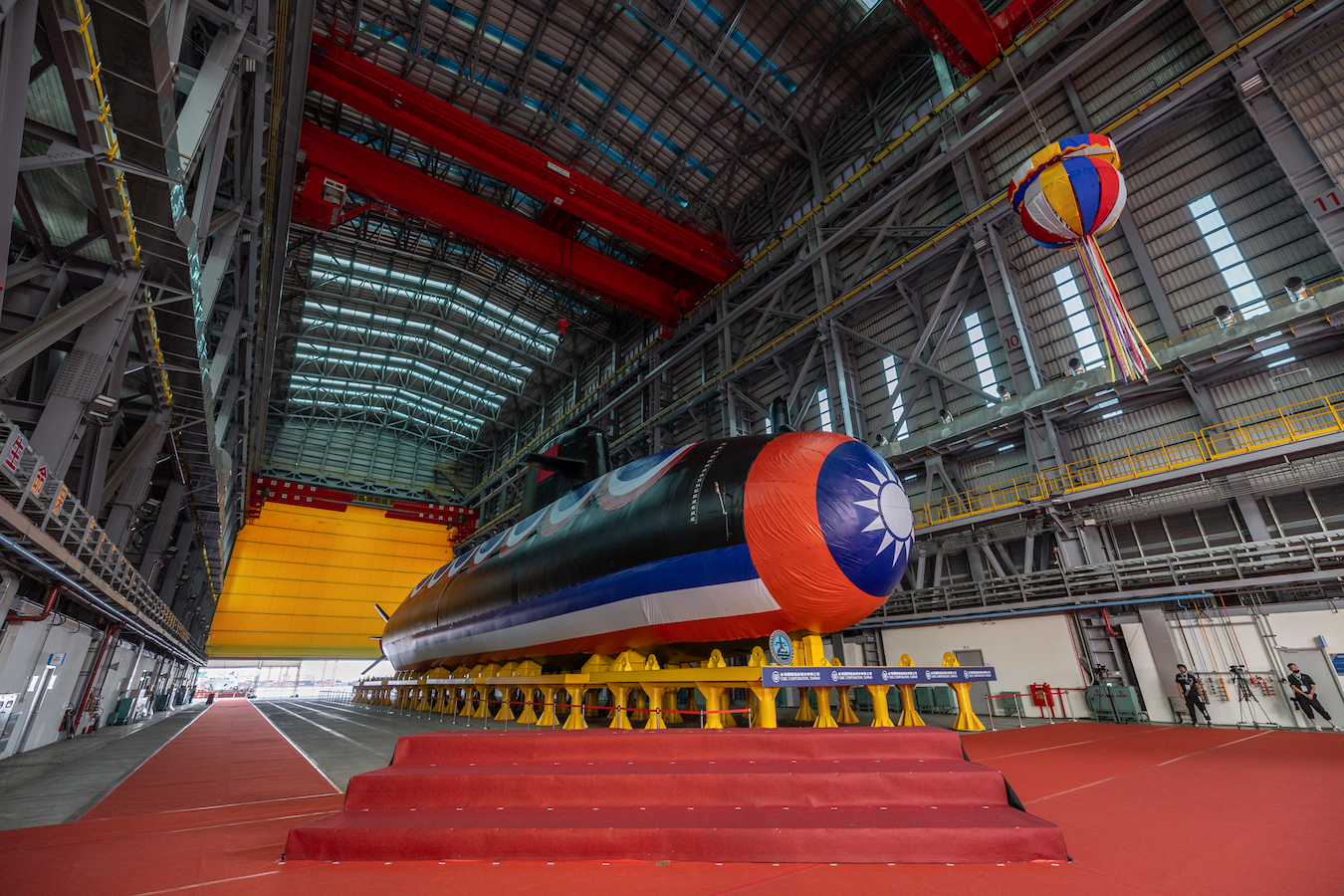by Brian Hioe
語言:
English
Photo Credit: xiquinhosilva/WikiCommons/CC BY 2.0
CONTROVERSY OVER AN ammunition depot in Kaohsiung proves illustrative of current contention between the pan-Blue and pan-Green camps.
In particular, KMT legislative candidate Chen Mei-ya alleges that the ROC military intends to use residential buildings and temples as ammunition depots, exposing information about this to the general public. Chen has framed this as being willing to publicize confidential information for the sake of the citizenry, even if this potential results in repercussions for herself, commenting that she is unsure whether this information is allowed to be publicized or not.
In response, Kaohsiung mayor Chen Chi-mai has responded that the plans would only be enacted in wartime and that there are no plans to implement this in peacetime. Chen has emphasized that these places will not be used as ammunition depots otherwise and that there are no plans for them to be used as depots at present, in the absence of wartime conditions.
Chen’s claims draw on preceding attacks by the KMT on the possibility of the US military storing ammunition in Taiwan. The notion would be for the US to store ammunition in Taiwan ahead of time, so that there could be a quicker response in the event of war, as the US would not need to transport ammunition to Taiwan as part of a response.
Nevertheless, the KMT framed this as potentially endangering Taiwan, with the claim that the US would simply turn Taiwan into a large ammunition stockpile. Apart from suggesting that this was provocative of China, the claim was that the plan would be dangerous in and of itself. It was suggested the ammunition depots could explode or otherwise prove dangerous and that Taiwan lacked adequate facilities to store such ammunition.
Local KMT politicians sought to leverage on this in local races, by reframing the issue as a NIMBY one. Outside of Kaohsiung, for example, after an explosion in an ammunition depot in Keelung that injured nine soldiers, severely injuring two to the extent that they required amputations, local pan-Blue politicians began calling for the relocation of the ammunition dump, suggesting that it be moved to Wanli District in New Taipei or Yilan County.
The idea was most associated with Keelung city councilor Lu Mei-ling. However, a viral video showed a veteran who was a local resident arguing with Lu, arguing that the ammunition depot was necessary for Taiwan’s defense in the event of war and that it was safer to keep it in Keelung rather than move it elsewhere.
During the confrontation, Lu accused the veteran of provoking China, and cited the example of Ukraine provoking Russia into attacking it. Pan-Blue discourse which seeks to cast doubt on efforts to make Taiwan militarily ready for a Chinese assault or strengthening ties between the US and Taiwan increasingly draws on such international narratives that cast doubt on the reliability of the US and the West. This includes the framing of Ukraine as having provoked Russia into attacking through becoming too close with NATO, suggesting that this could also occur with Taiwan if it becomes too close to the US.
 The launch ceremony of the Narwhal. Photo credit: Wang Yu Ching/Presidential Office/CC BY 2.0
The launch ceremony of the Narwhal. Photo credit: Wang Yu Ching/Presidential Office/CC BY 2.0
To this extent, some claims that circulate in pan-Blue discourse now verge on the conspiratorial, as allegations that the US has a secret plan to “destroy” Taiwan in the event of war with China. It is unclear what this supposed plan would consist of, though the suggestion may be that this could involve destroying TSMC fabs to prevent them from falling to Chinese control, as some US military publications have suggested.
Otherwise, there are attempts from the pan-Blue camp to cast doubt on US military sales to Taiwan, suggesting that the US is seeking to foist useless equipment onto Taiwan for profit. Or the suggestion is that the US is simply recklessly endangering Taiwan. The sale of Volcano landmines to Taiwan proves an instructive example, as it came under fire from the KMT with a host of accusations. This included claims that the landmines contravened international human rights conventions or that they would lead to Taiwan becoming littered with landmines in a manner similar to Cambodia, proving a hazard for civilians even when the DPP has sought to point out that the landmines are intended for tanks and would be visible with the naked eye. At this point, some disinformation alleges that landmines already litter beaches in Taiwan, when this is not the case.
It may particularly be a danger if KMT lawmakers seek to sabotage arms purchases of military equipment in collaboration with China, focusing fire on specifically those weapons systems that would prove useful in defending against China. There has been much attention on how KMT lawmaker Ma Wen-chun is accused of passing on secrets about Taiwan’s domestic submarine program to China and South Korea, as well as trying to cut its budget, after the wave of media exposure that surrounded the launch of the Narwhal, Taiwan’s first domestically-developed submarine, earlier this year. The KMT has, by contrast, framed the submarine as a death trap and a useless waste of resources, while the DPP has taken advantage of the wave of national pride surrounding its launch to suggest that Taiwan would no longer see any submarine development if the KMT came to office, pointing to numerous occasions on which the KMT sought to block military budgets.

